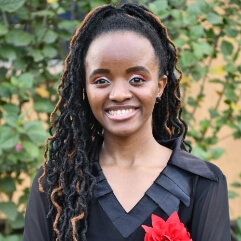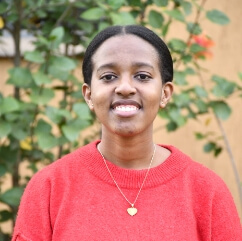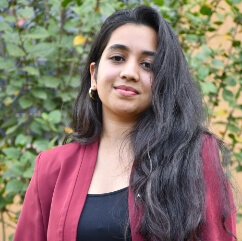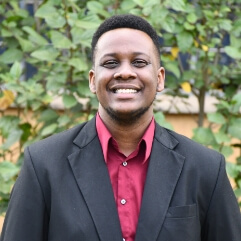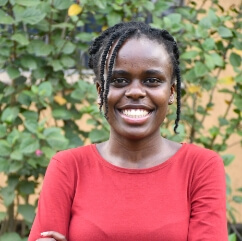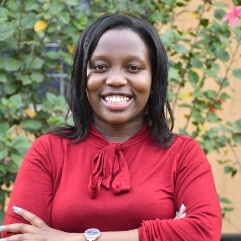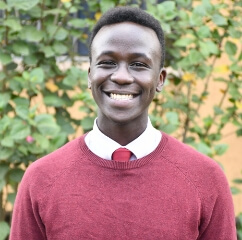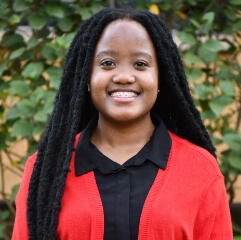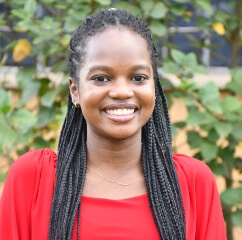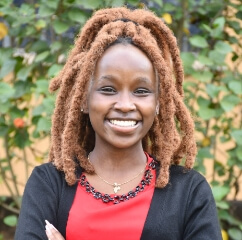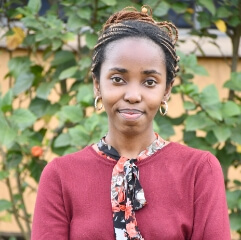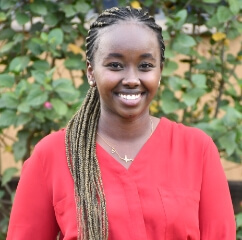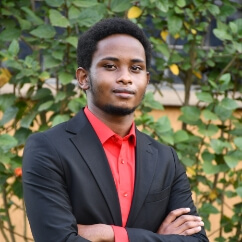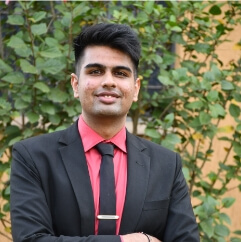Strathmore University Press advances knowledge and learning by offering a suite of legal educational materials that takes students through their complete educational journey and into professional life.
About the Journal
About the Journal
Aims and scope
Strathmore Law Journal is a platform open to scholars and researchers around the world. It
publishes original studies related to Human Rights and the law in Africa. The studies could
have a philosophical, public policy, governance or economic perspective. The Journal’s purpose
is the diffusion of knowledge and the promotion of inter-disciplinary debate on different legal
issues.
Peer-review process
Manuscripts can be submitted at any time; nevertheless, articles sent after November 1st of every year will be published in the next year’s volume.
First, the Editorial Committee reviews all manuscripts, checking for completion of all the instructions criteria. All manuscripts must comply with our ethical standards (based on COPE standards) and, at the end of the process, authors must sign a Statement of Originality and Authorization for Publication. If some criteria are not met, the author(s) will be duly informed.
After the initial revision, the Editorial Committee sends the manuscript to independent-external peer review academics, who evaluate the papers for academic quality. At least one reviewer will fill the reviewer’s form. Neither the author identity nor the other peer review identity is revealed to any of the peers, to fulfil the requirements of the double-blind peer-review procedure. Once reviewers submit their votes, the Editor chooses either to accept with adjustments, to accept fully, or to reject the manuscript.
The Journal’s Editorial Team notifies the author of its decision after a maximum period of six months from submission. Once the papers are accepted and corrections made, the articles are then sent to a Copy Editor to adjust it to the style of the Journal, although no changes are made to the research’s content.
Neither the submission, the review process, nor the publication generates any cost for the author.
Privacy statement
The names and email addresses entered in this journal will be used exclusively for the stated purposes of this Journal and will not be available for any other purpose or another party. The user may at any time exercise their rights of access, rectification, cancellation, and opposition by contacting the following email address: jcriofrio@strathmore.edu.
Publication frequency
The Strathmore Law Journal is printed annually around August. Articles are published first online on this website before the printed publication.
Open access policy and filling
The Law Journal is available immediately and at no cost to all customers in its digital edition. We think that free access promotes a greater exchange of knowledge around the globe. Nevertheless, the printed edition has a minimum price to cover its costs.
This Journal utilizes the LOCKSS system to create a file distributed among participating libraries, allowing these libraries to create permanent archives of the Journal for purposes of preservation and restoration. More information…
Indexing and visibility
Strathmore Law Journal can be found on the following index, catalog, or portal:
Exchanges and subscriptions
The SLJ is open to exchange its periodic publications with any national or international institution. In order to obtain detailed exchange information, please write to us at the email editor.sup@strathmore.edu.
If you wish to receive a printed edition of Strathmore Law Journal, please ask that at the abovewritten email.
Editorial Team

Ph.D.-Ph.D. Juan Carlos Riofrío
Strathmore University (Kenya)
Editorial Board

Ph.D. Peter Kwenjera
Strathmore University (Nairobi, Kenya)

Cecil Yongo Abungu
Strathmore University (Nairobi, Kenya)

Dr. Francis Kariuki
Strathmore University (Nairobi, Kenya)

Mukami Wangai
Strathmore University (Nairobi, Kenya)

Joe Kilonzo
Strathmore University (Nairobi, Kenya)
Advisory Board

Patricia Scotland
QC (United Kingdom)

Willy Mutunga

Professor JB Ojwang

Professor Tymothy Endicott

Professor James T Gathii

Professor Frans Viljoen

Professor Paolo G. Carozza

Professor Usang Maria Assim

Professor Adam D. Dubin
Student Editorial Assistants

Khalil Badbess
Strathmore University


